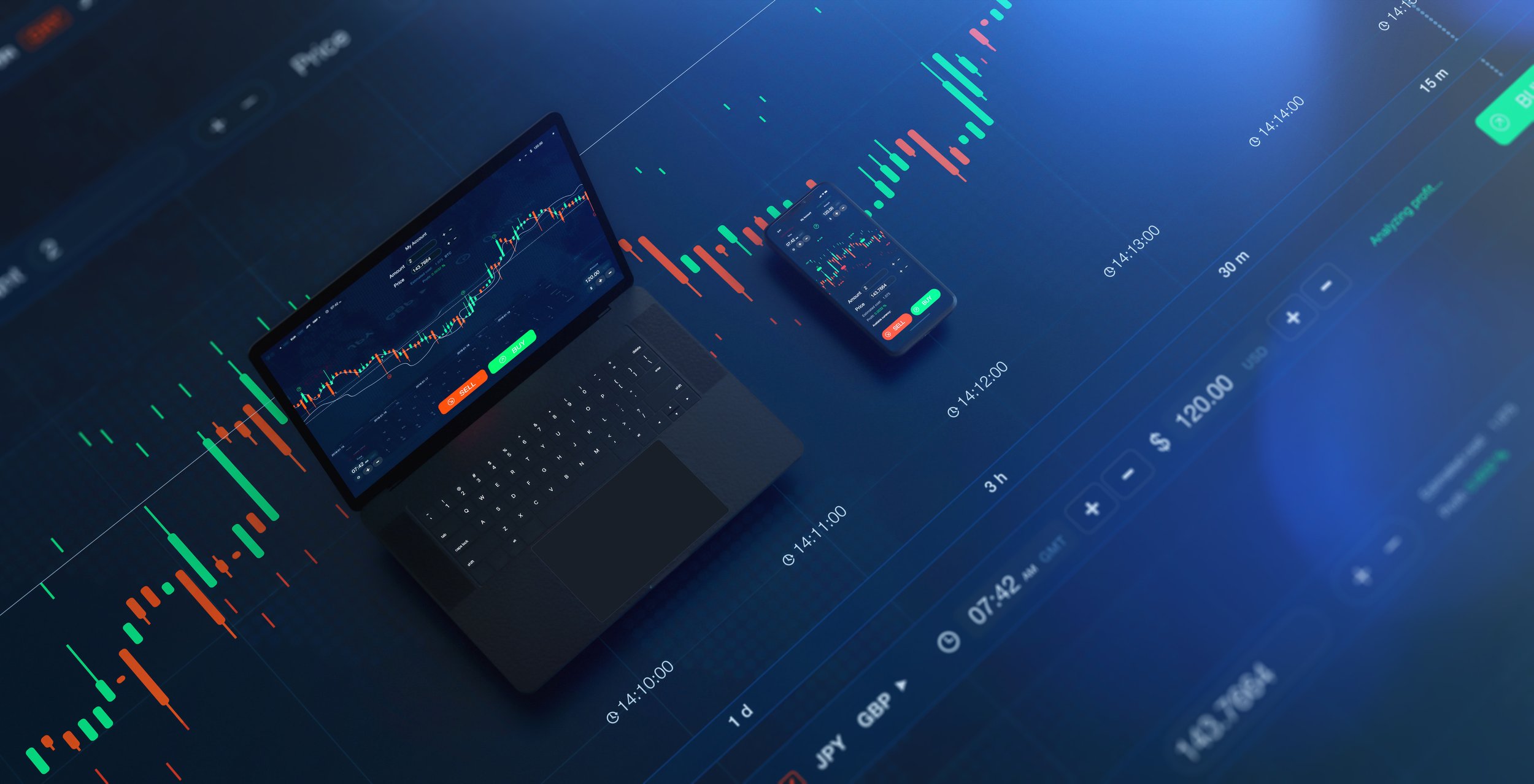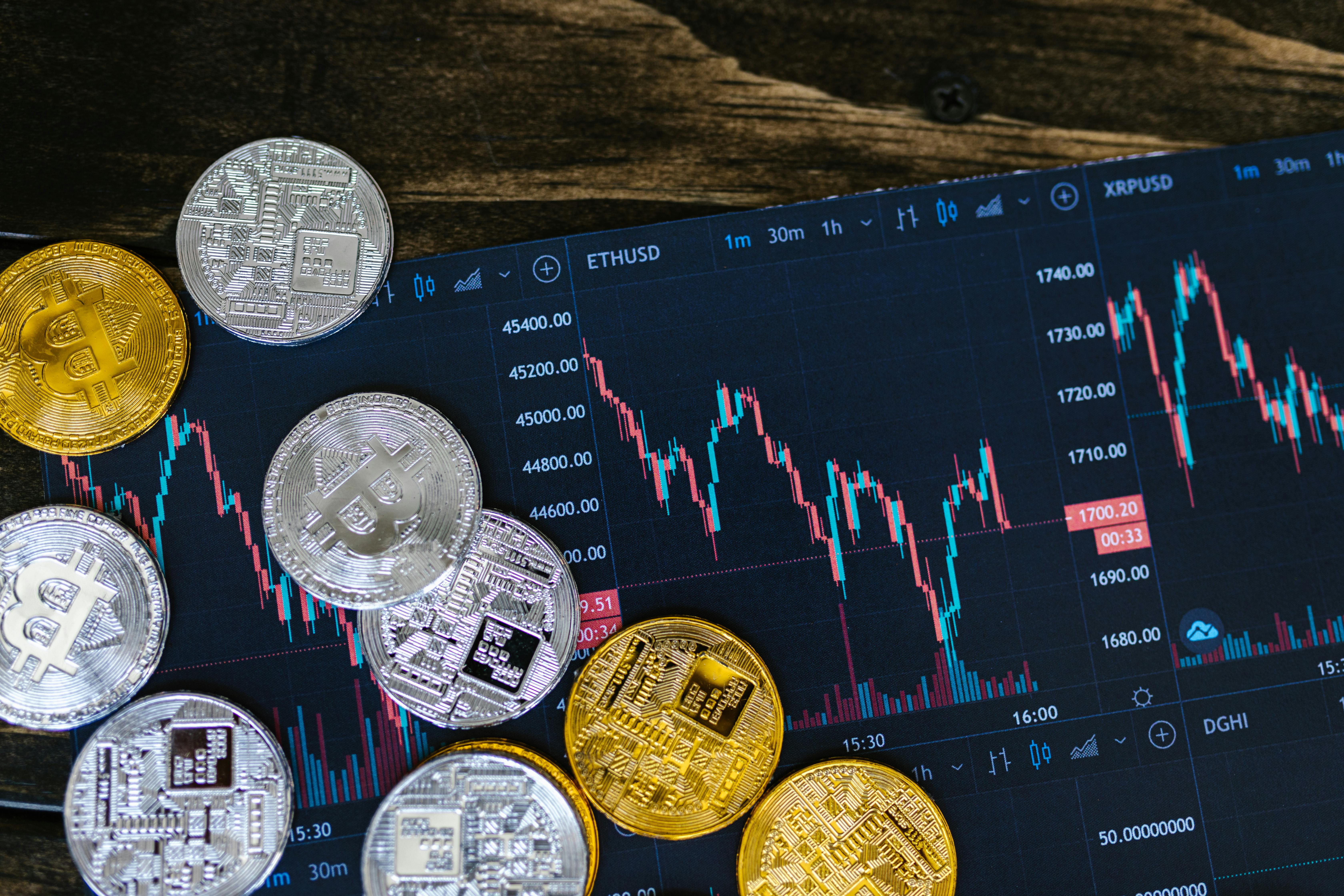


When one hears the term crypto exchange, the immediate analogy is that of a stock exchange. A crypto exchange is where one can exchange digital currency for other coins or fiat money like dollars or pounds.
Without the intervention of an exchange, users would need to go through the hassle of locating someone who wants the item they possess, then agreeing on an exchange rate with that person, and then transferring the currency into each other's wallets directly. Exchanges simply make everything simpler for all concerned. Selecting the proper exchange for your purposes might be a little confusing since there are literally hundreds of various options to choose from. So, how do you make a selection as to which one to utilize?

There exist three variations of crypto exchanges: Centralized (CEX), Decentralized (DEX), and Hybrid.
CENTRALIZED EXCHANGES
Let us begin with Centralized Exchanges. These are typically simpler to use. They have more extensive usage, they get better customer support readily available, and even have insurance in case there is a platform breakdown.
Centralized exchanges also use KYC (know your customer) procedures in an effort to be in compliance with AML (anti-money laundering) laws. If you ever were required to open a bank account this will sound familiar because of the questions being asked.
Something to note is that Centralized Exchanges are more susceptible to being hacked.
DECENTRALIZED EXCHANGES
Decentralized exchanges are closer in spirit to Bitcoin in that they have no central point of control. The servers are dispersed around the globe, so if one computer is attacked, it does not bring down the entire exchange. This is sufficient to make some prefer decentralized over centralized.
The registration process is also not as strict as with centralized exchanges, so if the idea of sharing your personal info doesn't sit well with you, decentralized will suit you fine
This platform isn't without its own limitations, though. Though more secure, they have lower trading volumes and no customer support like centralized exchanges.
HYBRID EXCHANGES
Hybrid exchanges are the new kids on the block. Hybrid platforms aim to offer the best of both worlds. More functionality, and more security, are the objectives here. Hybrid Exchanges are only newly established and as such, their future is unknown. High fees, lack of assets, and low scalability are the obstacles to the success of these.

As is the case with your brokerage account, you will see that crypto exchanges assess a series of fees. There are two varieties:
A. Exchange fees - They're really service fees and they're how the exchange profits:
a) Trading fees, or maker/trader fees, are assessed when executing a transaction.
b) Deposit fees are assessed when putting money in your account.
c) Withdrawal fees are applied when you withdraw funds from your account, whether it is in the form of normal currency or crypto.
d) Account fees are applied on a regular basis in order to maintain the account open, normally monthly.
B. Network fees - They are paid to crypto miners. This is a cost that is borne by most centralized exchanges but also provide an option for users to pay extra to make transactions faster. On decentralized exchanges, users bear this cost.
